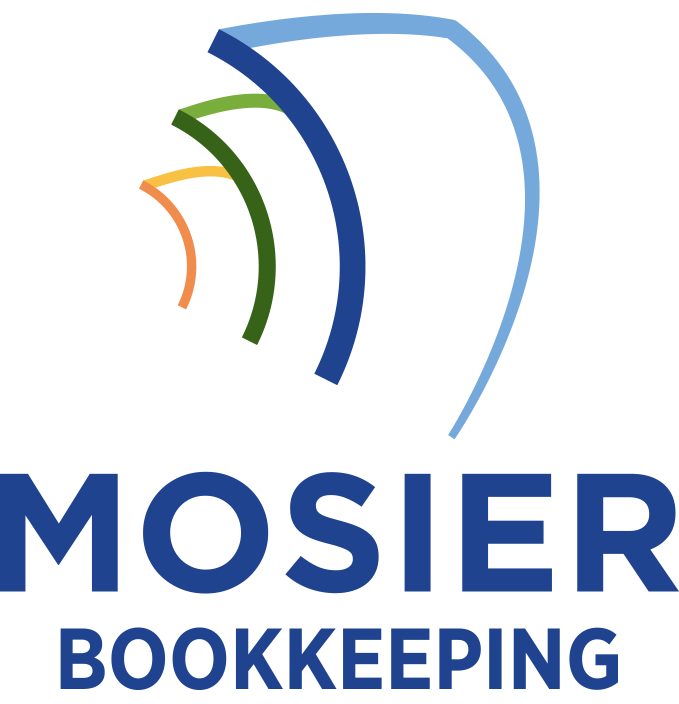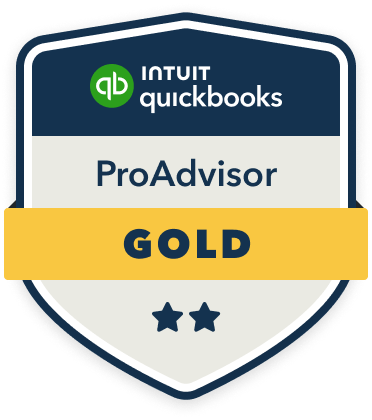To effectively manage bookkeeping for high asset management costs, I’ll need you to implement a detailed tracking system with unique identification codes and automated depreciation calculations. You’ll want to maintain thorough records of asset classification, valuation methods, and maintenance schedules while ensuring compliance with regulatory requirements like SOX and SEC filings. I recommend integrating your accounting software with real-time monitoring tools and establishing strategic depreciation schedules for tax optimization. The following sections will unpack essential strategies for maximizing your asset management efficiency.
Understanding Asset Classification and Valuation Methods

When managing high-value assets, proper classification and valuation serve as the foundation for accurate bookkeeping. I classify assets into distinct categories: current (cash, inventory), fixed (equipment, buildings), and intangible (patents, trademarks). Each requires specific valuation methods.
I use historical cost for fixed assets, fair market value for current assets, and present value calculations for intangibles. I factor in depreciation, amortization, and impairment to maintain precise valuations. For complex assets, I implement specialized valuation techniques like discounted cash flow analysis or replacement cost methods to guarantee maximum accuracy in financial reporting.
Setting Up an Effective Asset Tracking System
Building upon proper asset classification and valuation methods, an effective asset tracking system streamlines the management of high-value business resources. I recommend implementing a robust tracking framework that integrates with your existing accounting software to maintain precise control over your assets.
- Utilize unique asset identification codes with RFID or barcode technology
- Deploy automated depreciation calculations and scheduling
- Implement real-time location tracking for mobile equipment
- Create customized reporting dashboards for asset performance metrics
- Establish maintenance and inspection scheduling protocols
This system enables me to monitor asset lifecycles, predict maintenance needs, and optimize resource allocation. By leveraging these tools, I can minimize downtime, reduce operational costs, and maximize return on investment across your asset portfolio.
Managing Depreciation and Maintenance Records

As high-value assets depreciate over time, accurate record-keeping of both depreciation calculations and maintenance activities becomes essential for financial compliance and operational efficiency. I’ll show you how to master these records for optimal tax benefits and asset longevity.
| Record Type | Critical Elements |
|---|---|
| Depreciation | Initial cost, useful life |
| Tax Benefits | Section 179, bonus depreciation |
| Maintenance | Service dates, costs |
| Compliance | Audit trail, documentation |
I recommend implementing automated tracking systems that integrate with your accounting software to monitor depreciation schedules while maintaining detailed service records. This approach guarantees you’re maximizing tax advantages and protecting your asset investments through documented maintenance protocols.
Regulatory Compliance and Financial Reporting Requirements
Businesses managing high-value assets must navigate complex regulatory frameworks established by GAAP, IFRS, and industry-specific oversight bodies. I’ll guarantee you stay compliant by implementing robust reporting systems that satisfy all requirements while maximizing your strategic advantage.
Maintain SOX compliance through detailed internal control documentation
Submit timely SEC filings for publicly traded companies
Track asset-specific reporting metrics required by industry regulators
Document fair value assessments following ASC 820 guidelines
Create audit trails that demonstrate regulatory adherence
I’ll help you leverage compliance as a competitive edge, transforming these requirements into opportunities for enhanced operational efficiency and stakeholder confidence. This systematic approach protects your interests while building a foundation for sustainable growth.
Tax Considerations for High-Value Assets

When managing high-value assets, organizations must navigate intricate tax implications that directly impact their bottom line and compliance obligations. I’ll help you optimize your tax position through strategic depreciation scheduling, Section 179 expensing, and bonus depreciation opportunities. You’ll need to track cost segregation studies, which allow you to accelerate depreciation on qualifying assets. I recommend documenting fair market valuations, implementing robust asset disposal protocols, and maintaining detailed records of improvements versus repairs. These practices will maximize your tax advantages while ensuring compliance with IRS regulations on capitalization thresholds and depreciation methods.









